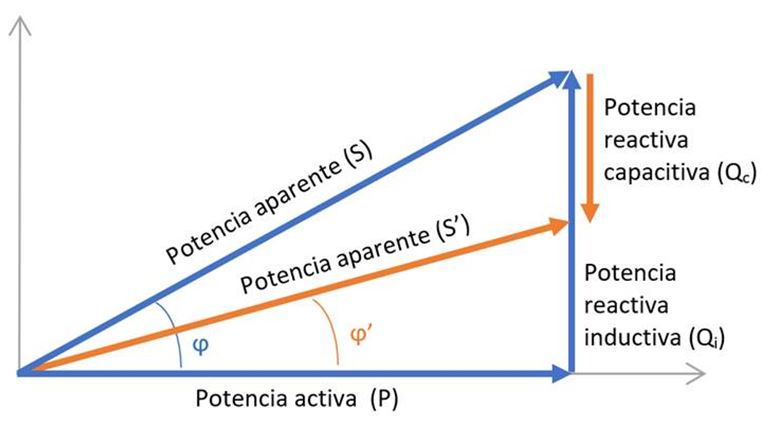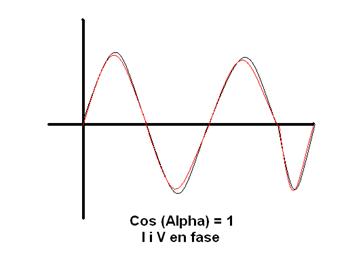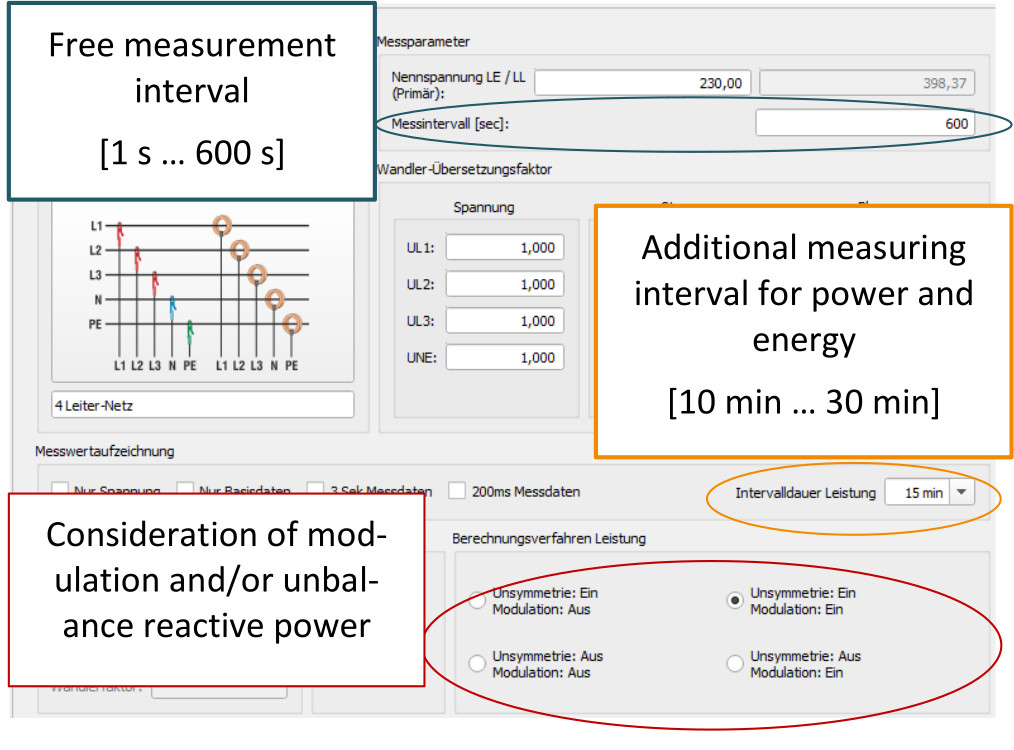
Is Reactive Power Useful?
What is Reactive Power and Why it is Important
Reactive power has been a focus of study due to its crucial role in maintaining a stable voltage profile within a large transmission system. Despite being a byproduct of AC systems, it is essential for the proper operation of various electrical components like transmission lines and motors.
Role of Reactive Power in Electrical Systems
- Ensure stable voltage profiles in large-scale transmission systems.
- Aid in controlling voltage levels.
- Facilitate the efficient operation of motors and other equipment.
- Improve system reliability and overall power quality.

Importance of Reactive Power
Maintaining Voltage Stability in Transmission Systems
Reactive power is vital for ensuring a consistent voltage profile in large transmission systems. It plays a crucial role in stabilizing voltage levels, particularly during peak demand periods, thus preventing disruptions in power supply.
Significance of Reactive Power in Electromagnetic Energy Devices
In electromagnetic energy devices like motors, reactive power is indispensable for their efficient operation. By providing the necessary magnetic field, reactive power enables motors to function optimally, ensuring reliability and longevity of equipment.

<h2>Breaking News</h2><h3>Recent Developments in Reactive Power Research</h3><p>Reactive power remains a focal point in current research efforts, with a focus on enhancing its utilization for optimizing power system performance. Various studies have underscored the critical role of reactive power in improving grid resilience and reliability, paving the way for more efficient power transmission.</p><h3>Key Findings and Implications for Power Systems</h3><p>Key findings from recent studies emphasize the significance of reactive power for maintaining grid stability and minimizing voltage fluctuations. Implementing strategies to maximize reactive power utilization can lead to better voltage regulation and reduced system losses, thereby enhancing overall power system efficiency.</p>
Basics of Reactive Power
Understanding the Concept of Reactive Power
– Reactive power is essential in maintaining voltage stability in large transmission systems.- It is vital for the proper functioning of electrical equipment such as motors and transmission lines.
Measurement and Units of Reactive Power
– Reactive power is measured in volt-amperes reactive (VAR).- It represents the exchange of reactive energy between the power grid and consumers.- The proper management of reactive power can lead to improved grid resilience and efficiency.

Benefits of Reactive Power
Improved System Efficiency and Performance
– Proper management of reactive power enhances the efficiency and overall performance of the electrical system.- It helps in maintaining voltage stability, ensuring smooth operation of large transmission systems.
Cost Savings and Reduction in Transmission Losses
– Efficient control of reactive power leads to reduced transmission losses, resulting in cost savings for both utility companies and consumers.- By optimizing reactive power flow, the system can operate more economically and effectively.